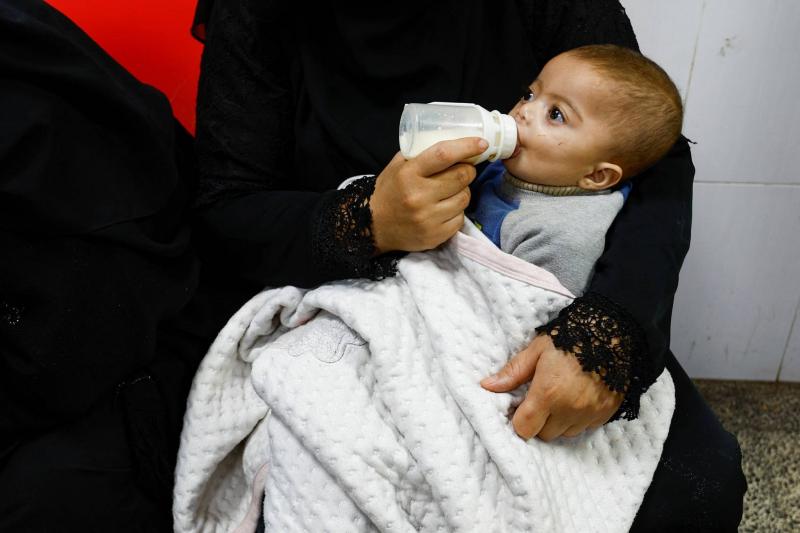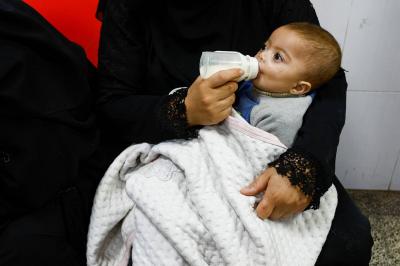Doctors have revealed that the severe shortage of staff and equipment at the European Hospital in Gaza forces medical teams to make painful decisions about whom to admit, leaving many patients without treatment despite suffering from serious injuries. The European Hospital in Khan Younis, southern Gaza, was only designed to accommodate 240 patients but is currently treating around a thousand, with many displaced individuals seeking refuge within its halls.
Plastic surgeon Ahmed Al-Makhlalati stated, "On many days, we are forced to choose between patients based on priority," adding that this means focusing on those with a higher chance of survival and neglecting those who are "in a dire state and in need of extensive care." He further mentioned, "We have lost many patients because we could not provide the necessary service. At times, we did not admit any patients suffering from severe burns because we knew that the capacity of the intensive care unit could not handle it."
Al-Makhlalati spoke about performing amputations on patients who had lost their entire families and noted that he often breaks down in tears, "because we are unable to provide care in the required manner." Most hospitals in the sector have stopped functioning, with some being directly bombed or raided, while those that are still operational face increasing pressure as Israeli forces approach. Israel alleges that Hamas uses such medical facilities as cover for military purposes.
Facial surgeon Thaer Deif Allah complained about the lack of even the most basic supplies. He stated, "I would say that healthcare is in complete collapse, and it will take years to return to normalcy."
On Tuesday, Tomaso Della Longa, spokesperson for the International Federation of Red Cross and Red Crescent Societies, indicated that nearby hospitals, such as Al-Amal Hospital, which has been bombed several times in recent weeks, might struggle to stay open. He commented at a press conference in Geneva, "I don't even want to think about the possibility of Al-Amal Hospital closing in the coming days, but the reality is that if the situation does not change, it will be very difficult to continue operations at the hospital."




